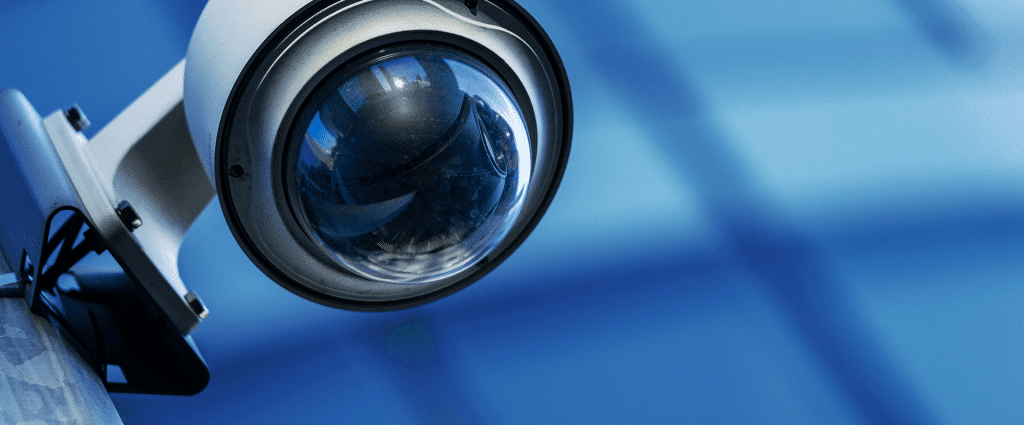Video Security Solutions

As technology evolves and the need for security grows, more and more people are considering video surveillance systems as part of their overall security solution. When considering the addition of video equipment, it is important to understand the specific security need and practical application. Answering the below questions will provide some assistance with this assessment. These questions help ensure the final video surveillance solution is aligned with the intended security goals of your organization.
Why Consider Video Surveillance for Security?
1. What is the reason for considering the addition of Video Surveillance?
The reasons for implementing video surveillance systems will vary significantly. Common motivations may include personal safety enhancement, insurance requirement compliance, property protection (indoor areas, outdoor perimeters), or internal theft prevention. Having a clear intent for the home security camera is imperative, as the system design and implementation strategy will be based on this primary objective. If you are looking to modify existing security processes or replace current monitoring methods with video surveillance technology, this transition should be clearly understood ahead of time. The specific reason for the video surveillance system is also important from a legal perspective. This purpose must be clearly documented and stated for privacy compliance reasons.
2. Who will you engage for the design and installation of the video system?
Working with a professional security provider will help to ensure that your video surveillance system meets your initial security need. A qualified security system will deliver the intended protective value for your investment. A professional security consultant will conduct a detailed security needs analysis of your property. They will provide a customized proposal based on these unique security requirements and site conditions. If a video surveillance system is not going to meet your specific needs, a professional provider can inform you of this limitation. They can possibly offer alternative security options that better address your concerns.
Video Surveillance Legal and Privacy Requirements
3. Are signs required for video surveillance?
Although surveillance signage is not legally required in all jurisdictions, it is strongly recommended as a security industry best practice. Video surveillance warning signs should be displayed prominently at all entry points. This ensures all persons entering the monitored space are aware that video recording is actively taking place. Ask your video surveillance provider if they supply and install appropriate signage as part of the equipment installation service.
4. Who, from your organization, will have access to the video footage?
With internet connection capabilities, nearly all modern video surveillance systems can be accessed remotely in addition to on-site viewing. You will need to determine which specific individuals will have system passwords. You must establish how these access passwords will be protected and managed securely. Update any staff departure process documents to include video system password deletion procedures.
5. Will your security provider have access to the video footage?
Ask your security provider who from their organization will have access to the recorded footage. Inquire how your privacy is protected through their access protocols. Ensure that it is clear what specific footage you will have direct access to. Confirm if this footage will be available to you at any time if needed for security incidents. Understand how long the video footage will be stored onsite or in cloud storage systems.
Video System Security and Maintenance Planning
6. How will the footage be secured onsite?
Is there a secure physical space in your building where the video recording unit can be stored safely? Will any additional physical security measures be required for this storage room? These measures ensure the recorded footage is not accessed by unauthorized persons who could compromise your security.
7. Who will be responsible for the ongoing maintenance of the video system?
Security technology equipment can fail over time. It is important that the video surveillance system is properly monitored and maintained regularly. This ongoing care ensures continuous operational functionality for your security needs. Because visible cameras provide a reasonable expectation of safety, it is critical that these surveillance units are always operational and recording properly. Ask your security provider if the health and functionality of your system is monitored remotely. Inquire what specific services are offered for ongoing maintenance and technical support.
Planning Your Video Security Solution
Video surveillance can be a highly effective security solution when correctly implemented according to professional standards. As you can see from these considerations, there are many important items to evaluate when approaching a video security project of this nature. It is critical that you follow a systematic planning process. Alternatively, work with a professional provider to ensure your system design, installation and ongoing support services are properly aligned. This alignment ensures your video surveillance solution meets the specific needs and overall security goals of your organization.